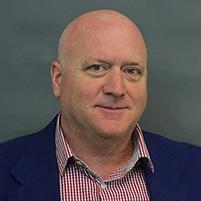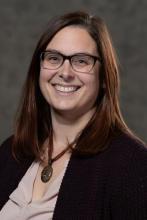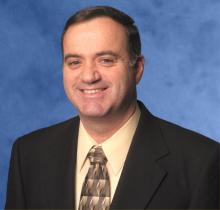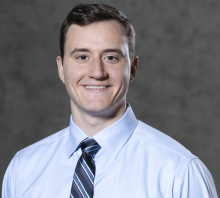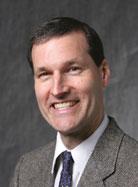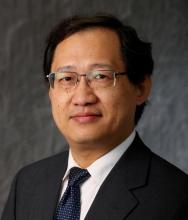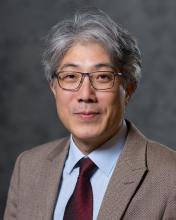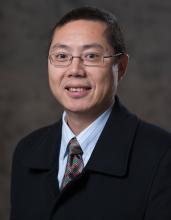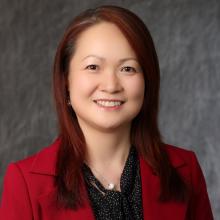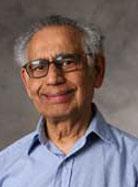 Boasting unique and state-of-the-art research facilities, Rensselaer Nuclear Engineering students have access to a large electron accelerator, radiation detection laboratory, and modern computer interfacing technology. Today’s Nuclear Engineers contribute to the development of and production of energy, new forms of medicine, medical devices and treatment, as well as many forms of sensing and analysis for a wide variety of applications. More information about Nuclear Engineering at Rensselaer can be found at the Nuclear Engineering Website.
Boasting unique and state-of-the-art research facilities, Rensselaer Nuclear Engineering students have access to a large electron accelerator, radiation detection laboratory, and modern computer interfacing technology. Today’s Nuclear Engineers contribute to the development of and production of energy, new forms of medicine, medical devices and treatment, as well as many forms of sensing and analysis for a wide variety of applications. More information about Nuclear Engineering at Rensselaer can be found at the Nuclear Engineering Website.
The Nuclear Engineering program at Rensselaer is accredited by the Engineering Accreditation Commission of ABET, under the commission’s General Criteria and Program Criteria for Nuclear, Radiological, and Similarly Named Programs.
